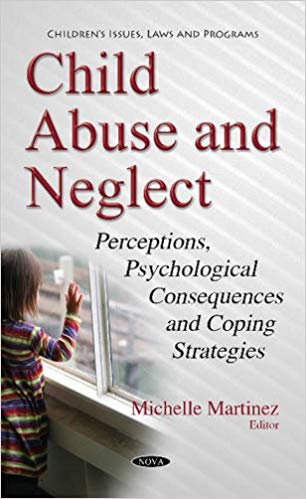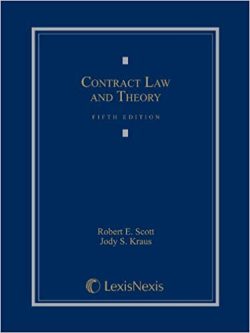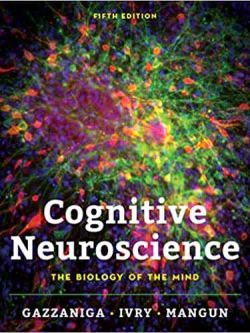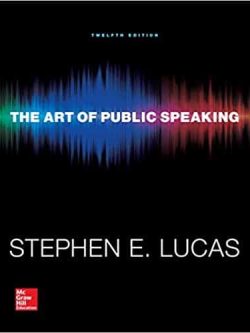Specifications
| book-author | Michelle Martinez |
|---|---|
| publisher | Nova Science Pub Inc; UK ed. edition (April 30; 2016) |
| file-type | |
| pages | 105 pages |
| language | English |
| isbn10 | 1634847857 |
| isbn13 | 9781634847858 |
Book Description
Abuse and neglect of children (also known as CAN) continues to be a serious issue in terms of public health in the United States; it affects approximately 19 percent of victims and costs approximately 124 billion dollars to society overall. When a child is removed from the custody of their parents due to abuse or neglect by the parents, the child is sometimes placed in temporary custody through the dependency court. In dependency court, difficult and emotionally taxing legal decisions are made. These decisions include determining whether (and where) a child should be temporarily placed, as well as determining whether or not a child should be returned to the custody of the parent. Over six million children in the United States experienced some form of child abuse or neglect in 2013, and 144 thousand of them were placed in foster care (Child Maltreatment; 2013). Legal decision-makers, such as caseworkers, judges, and social workers, have the important task of determining which type of placement is in the child's best interest. This task includes deciding which type of environment the child would thrive in the most. What considerations go into making decisions regarding the custody of children?
In the first chapter of this e-book, titled Child Abuse and Neglect: Perceptions, Psychological Consequences, and Coping Strategies (PDF), the author examines the empirical evidence that suggests the race of both the child and the parent plays a role in shaping decisions regarding child custody. The second chapter presents a feminist, social constructionist theoretical conceptualization that is entitled relational trust theory. This theory describes the effects of gendered power dynamics on the perception of the other partner as trustworthy in adult-survivor couple interactions. Additionally, this chapter elaborates on the findings of a longitudinal grounded theory study that identified clinical processes of Socio-Emotional Relationship Therapy (SERT) that helped adult-survivor couples transform their gendered power dynamics. Finally, this chapter concludes with a discussion of the In Chapter 3, we discuss Parent-Child Interaction Therapy (PCIT), its rationale for use with parents and children who have experienced CAN, as well as an overview of the evidence base for PCIT's effectiveness in both intervening with and preventing future CAN.













Reviews
There are no reviews yet.